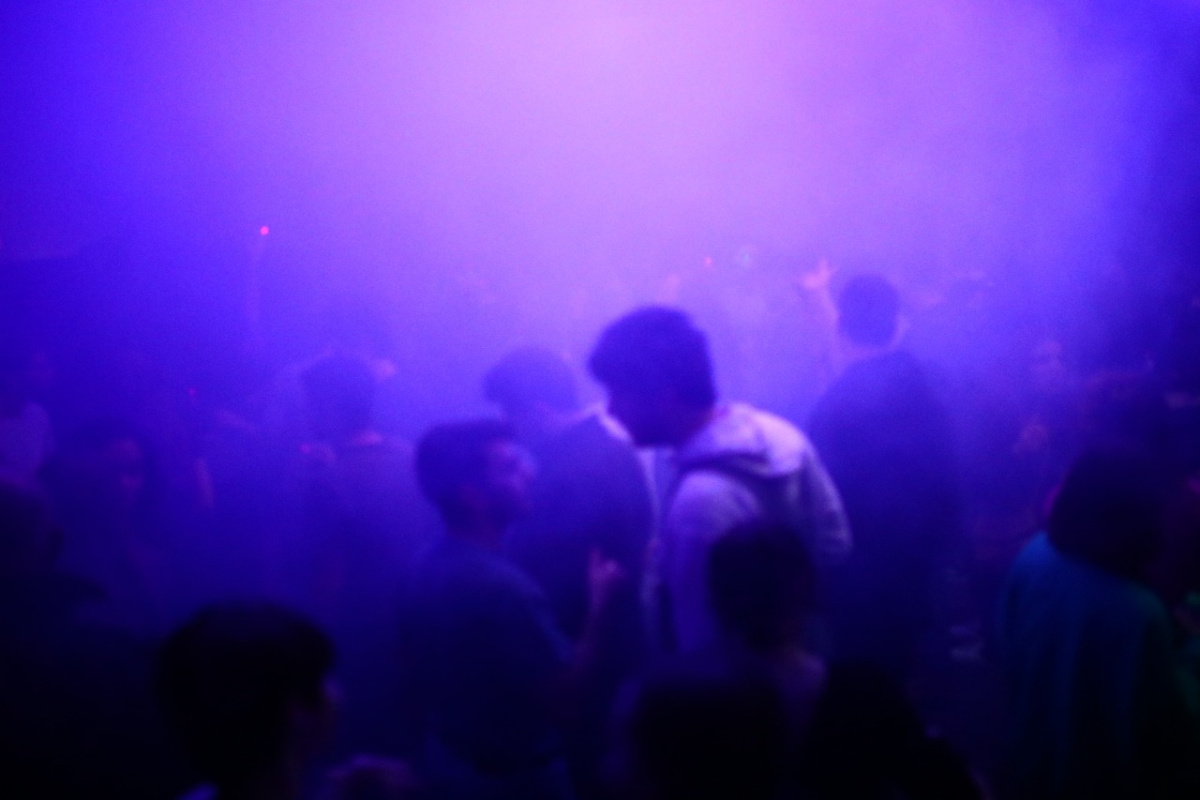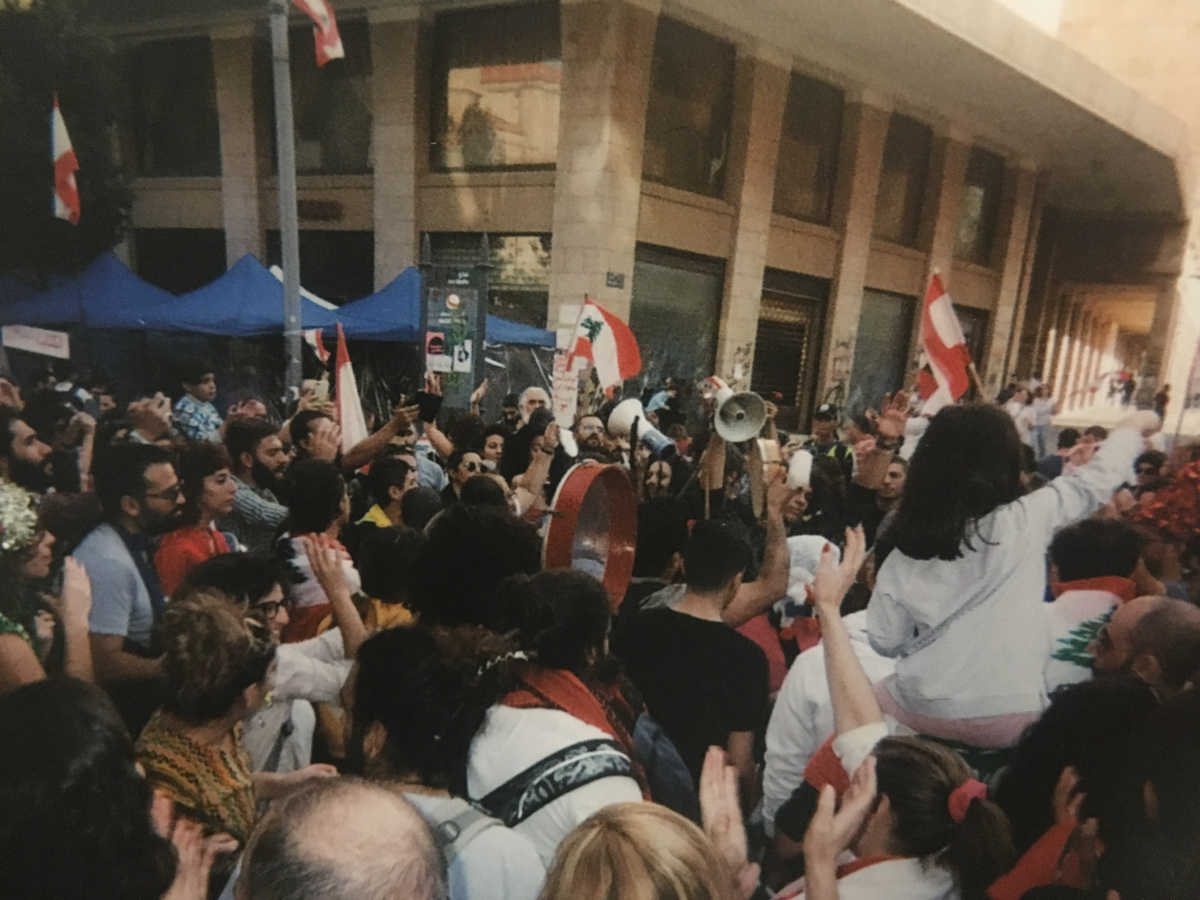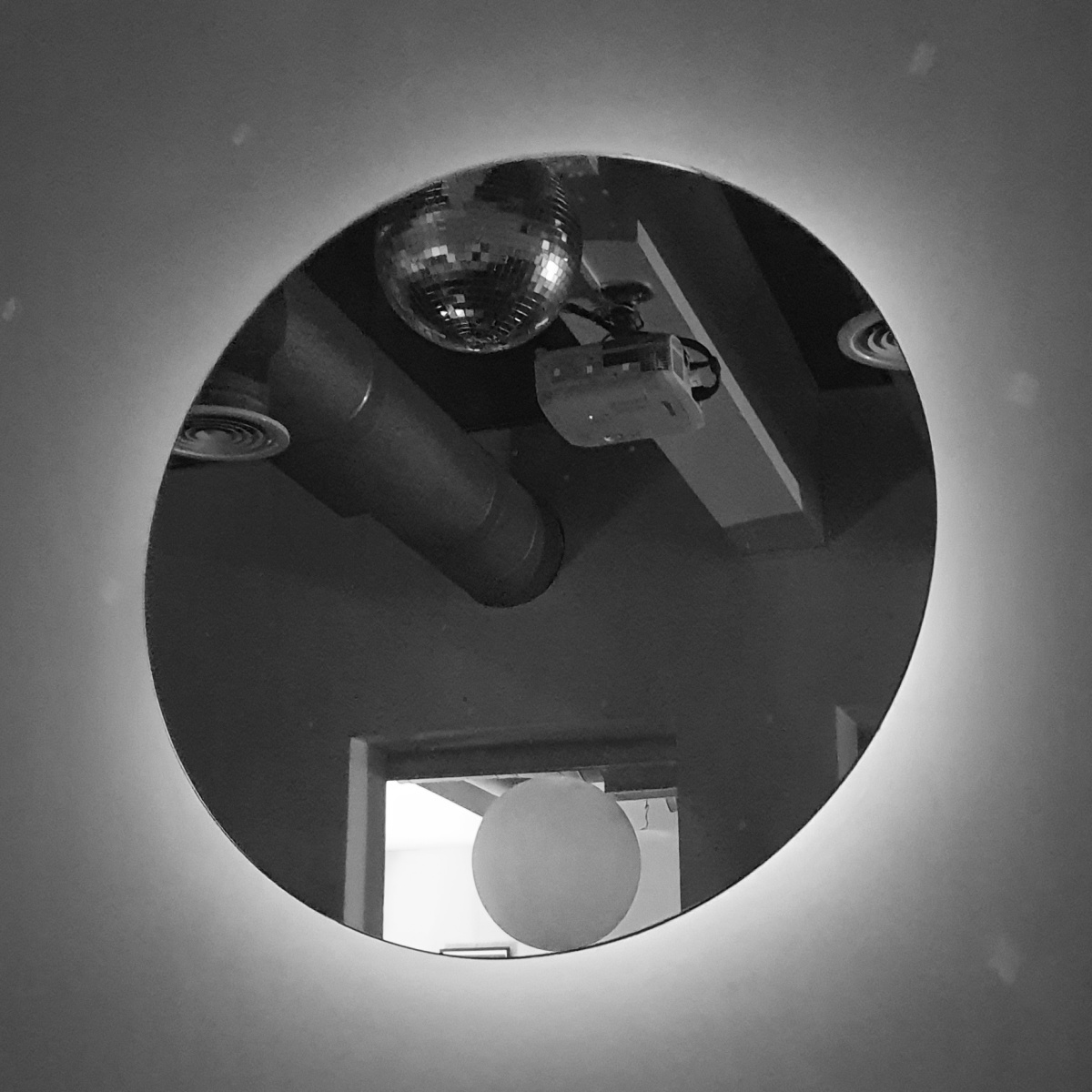
From the Bottom of a Reactor
Majd Shidiac explores the sounds of his hometown, Beirut, through a series of sporadic engagements with local artists and their music. This diaristic essay surveys the contrasting sounds present in a city under the constant threat of political violence and social strife, weaving an aggressive dual reality of resistance and regression.
Mar Mikhael Neighborhood, Tota Bar, July 2020
The city was calm on that Sunday afternoon. The city was calm on that Sunday afternoon. There was a midday offensive at the Southern border, the casual type mind you. They were showing families going up the hills overlooking the battlefields; perhaps in an act of defiance, perhaps only to watch the fireworks. They say that if you hear the sound of an approaching missile, then it has already hit the target. All you’re left with in your remaining moments of deduction is how close you are to it.
There were only a few sounds for me to contemplate that day: the chirping of birds, the casual crack of windows, and the clinking of coffee cups that kept my conversation afloat with rapper and producer Mazen El Sayed (El Rass). He and I were discussing the state of hip hop in a ravaged Arab world for a piece I was writing on Beirut’s music scene.
We both embraced the serenity of the street like it was natural. Yet we knew this day was an exception for a city filled with disruption. «We know the social context and economic factors are against us, but this can never be included in our discourse, even within ourselves, as an excuse for us not to do what we need to do.» So Mazen tells me.
Mar Elias Street, Msaytbeh, June 2021
I felt a peculiar unease the first time I put on Liliane Chlela’s Safala album. The Lebanese composer and performer had left the country soon after the explosion. Upon her departure, she released an homage to her land, which I played as I walked through its corroding streets. Every track felt like an undoing of itself.
In militant drums and sudden assaults on structure, the melodies were carried by polyrhythms of overbearing machinery, both self-annihilating and grandiose. I had to play it over to finally understand the discomfort of its familiarity. When I asked her about it, she said that it was her way of confronting the aggressor(s), masking sounds of their tools to make them easier to absorb, and by that, to engage.
Mkalles District, Mkalles Warehouse, March 2022
The constant buzz of the sleepless drone is overbearing. The urgency of motorbikes, the inconsistency of power generators, the wheezing of water pumps, and the chaos of borderline, all overbearing.
Over party banter, a friend recently told me that clubs should not only be spaces of escape but also of confrontation. When I think of all the music coming out of this city, in parties and live sets, I take notice of the looping eruptions, as if propelled in an active nuclear power plant. Unlike the world outside, however, it is the artists who choose the frequency and intensity of the imminent bursts.
Downtown Beirut, November 2020
In the week after August 4, 2020, many dreadful sounds loomed over Beirut amidst the barrage of cascading glass. They say the explosion of a few thousand tons of ammonium nitrate was heard across the sea. Months later, a group of local artists released their haunting depiction of the times.
Projected over the solemn pillars of Beirut’s war-torn house of song was the specter of a bereaved woman with a voice piercing the sky in search of her beloved. She was carried by a distorted composition of indefinite climaxes that led to an ultimate release: the final thump of heavy hearts, the amalgamation of squandered screams, and the chilling winds of emancipation. The group shot their piece way before any of it had happened: the explosion, the death toll, the uproar, and the silence. They released it under the name «Shabah El Rih», the second wind.
Beirut, July 2022
This city is overwhelming. Through sinuous walls, it is constantly deflecting sounds that require your attention – threatening, alerting, alarming. But it never falls short of sounds that push back: rough jazz in blue bars, courteous poetics in alleyways, songs of old revolutions disrupting corner shop small talk, and music; being played for the first time. This city demands to be heard – and so do we.
This article is part of the virtual exhibition «Norient City Sounds: Beirut» curated and edited by Rayya Badran.
Biography
Links
Shop



Published on August 25, 2022
Last updated on March 21, 2024
Topics
Why do people in Karachi yell rather than talk and how does the sound of Dakar or Luanda affect music production?
How do acoustic environments affect human life? In which way can a city entail sounds of repression?
From linguistic violence in grime, physical violence against artists at the Turkish Gezi protests, and violence propagation in South African gangster rap.
Specials
Snap


